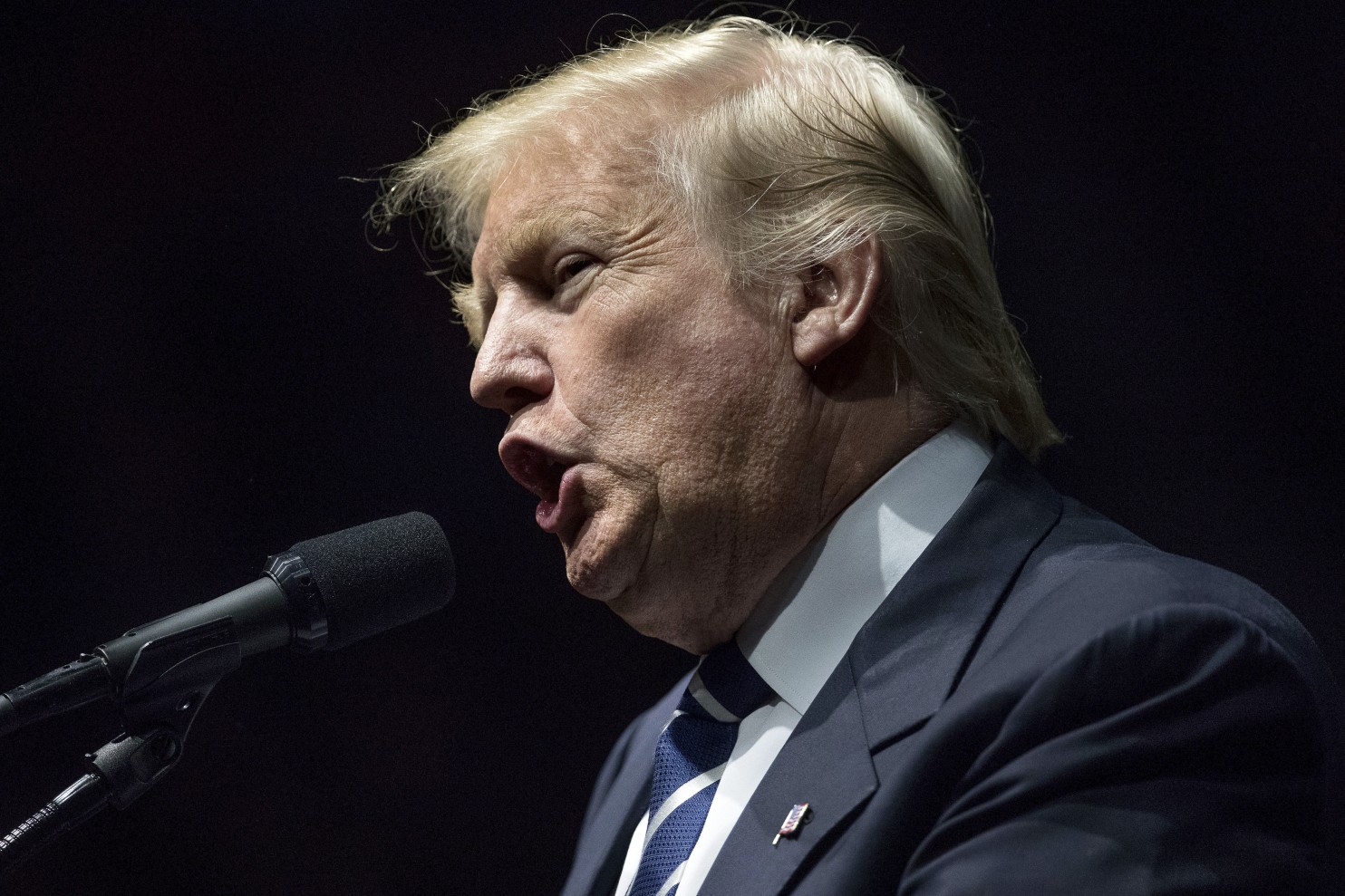
New York Times reports that President-elect Donald J. Trump, defending his recent phone call with Taiwan's president, asserted in an interview broadcast on Sunday that the United States was not bound by the One China policy, the 44-year diplomatic understanding that underpins America's relationship with its biggest rival. Mr. Trump, speaking on Fox News, said he understood the principle of a single China that includes Taiwan, but declared, "I don't know why we have to be bound by a One China policy unless we make a deal with China having to do with other things, including trade." "I mean, look," he continued, "we're being hurt very badly by China with devaluation; with taxing us heavy at the borders when we don't tax them; with building a massive fortress in the middle of the South China Sea, which they shouldn't be doing; and, frankly, with not helping us at all with North Korea." Mr. Trump is not the first incoming Republican president to question the One China policy, but his suggestion that it could be used as a chip to correct Chinese behavior sets him apart, several Asia experts said. While Mr. Trump has been praised by some Republicans for taking a new look at China policy, his stance could risk a backlash by Beijing, the analysts said.
Financial Times reports that China is gearing up for a new round of trade battles with the US, EU and other leading trading powers after failing to secure widespread recognition for a bid to be viewed as a "market economy" under World Trade Organisation rules. Beijing has been pushing for a provision that allows trading partners to use a special formula to calculate punitive tariffs for non-market economies in anti-dumping cases to expire with Sunday's 15th anniversary of its WTO membership. But that expiry is now in dispute. A move once viewed as automatic has become increasingly contentious after cheap Chinese steel flooded on to world markets and sparked a wave of politically sensitive anti-dumping cases. As a result, China is being forced to challenge new dumping cases brought against it in the US and other jurisdictions in a process that could take years and prove a significant irritant in Beijing's trade relations with the world. In a sign of the commercial stakes, the US on Friday imposed punitive anti-dumping tariffs on Chinese-made washing machines, imports into the US of which were worth more than $1.1bn last year. It also announced the launch of a new anti-dumping investigation into plywood imports from China. Those US cases and the fight over Beijing's market economy status point to the battles over trade already being fought with China even as Donald Trump.
The world can only wonder whether President-elect Donald Trump will fulfill his campaign promise to impose a 45 percent tariff on Chinese-made goods bought in the U.S. What's already clear, though, is that investors inside the No. 2 economy, unlike their American counterparts, are undaunted. No nation does as much business with the U.S. as China, accounting for almost 17 percent of total American trade, according to data compiled by Bloomberg. As China's economic growth rate slowed from 10.6 percent in 2010 to 6.7 percent this year, money flowed out of the country. The renminbi depreciated 6 percent to an eight-year low through 11 months of 2016. That helps explain the Chinese preference for publicly-traded equity in dollars amid forecasts that the renminbi will weaken almost another 3 percent in 2017.
- 2016-12-09 China Faces Off Against World on Open Global Markets
- 2016-12-08 Trump’s Chinese Currency Manipulation
- 2016-12-07 Trump picks Iowa Gov. Terry Branstad — a ‘friend’ of China’s leader — as Beijing ambassador
- 2016-12-06 China Seeks ‘Strategic Composure’ in Trump Era of Diplomacy
- 2016-12-05 Trump, Taiwan and China: The Controversy, Explained
- 2016-12-04 Trump Camp Scrambles To Defend Diplomatic Blunder Over China And Taiwan
- 2016-12-02 China Seizes Opening in U.S. Backyard as Trump Upends Policy
- 2016-12-01 China says new North Korea sanctions not meant to harm 'normal' trade
- 2016-11-30 China military says it's seriously concerned by Japan-South Korea pact
- 2016-11-29 China to clamp down on outbound M&A in war on capital flight
- Bloomberg China Finds New Fans in Southeast Asia as U.S. Turns Inward
- Bloomberg China Economic Data Dump May Show Retail Gain, Investment Steady
- www.bbc.com Donald Trump hints US 'One China' policy could end
- Fox News Philippine president says he'll accept China arms offer
- Forbes Tencent Tops Ranking Of China's Best Employers
- www.aljazeera.com Hong Kong votes to elect panel to choose next leader
- Reuters China puts temporary ban on North Korean coal imports
- New York Times China Conducts Flyover of Waterways Near Japan, Taiwan
- Bloomberg Curbs to China Investment Risk U.S. Jobs: Wanda's Wang
- Wall Street Journal A New Ruler for Hong Kong
- Forbes What To Expect From Trump's New China Ambassador
- www.politico.com Trump: China policy not working well
- Bloomberg Japan Watches Uneasily as Trump Shakes Up Taiwan-China Relations
- Financial Times China: Renminbi stalls on road to being a global currency
- Forbes Finally, World Loses Patience With Malicious China Trade Practices
- The Diplomat Does India Sense an Opportunity in Mongolia Amid Ulaanbataar-Beijing Split Over Dalai Lama?
- nationalinterest.org These are the 9 Killer Weapons China and Taiwan Would Use in a War
- nationalinterest.org How China Could Strike Back at Donald Trump over Taiwan: Unleash North Korea
